 |
| August 06, 2020 |
Dear Reader,
Pandemic drills anticipated several outcomes that have played out in response to COVID-19—medical-equipment shortages, massive disorganization, and the spread of misinformation. But the scenarios did not account for world leaders who reject the advice of public-health specialists. Read today's lead story to learn more. In physics news, experiments at CERN's Large Hadron Collider suggest that the Higgs boson couples with elementary particles called muons to give them mass. The finding further strengthens the Standard Model. And lastly, a drug that treats poisoning from heavy metals may also offer a fighting chance at surviving a venomous snakebite. A study shows that oral doses of the medication can reduce viper venom's effects in mice. |
| | Sunya Bhutta, Senior Editor, Audience Engagement
@sunyaaa | |
 |
| |
| |
| |
| |
| |
| |
FROM THE STORE
 | | | |
| |
FROM THE ARCHIVE
 | | | |
| QUOTE OF THE DAY
 "Looking forward, many hope that the mistakes in handling the coronavirus will spur a fundamental reset in how US policymakers think about pandemic preparedness. This means restructuring health systems, empowering public-health leaders and ensuring that all components function in unison in the event of a crisis." Amy Maxmen and Jeff Tollefson via Nature magazine | |
LATEST ISSUES
 |
| |
| Questions? Comments?  | |
| Download the Scientific American App |
| |
| |



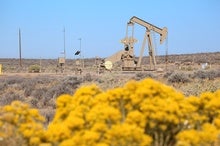
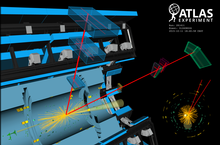
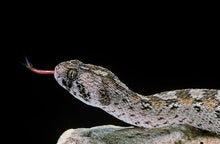

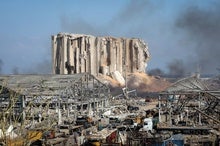
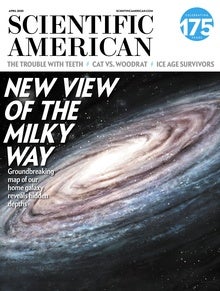

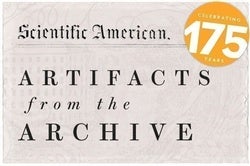
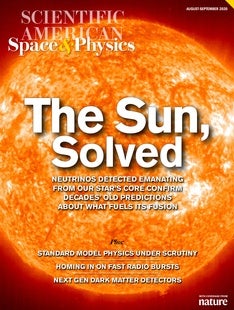

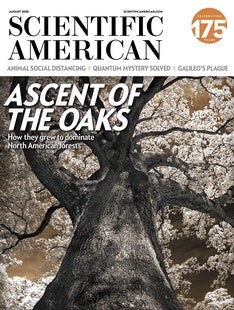
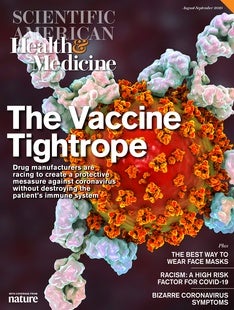
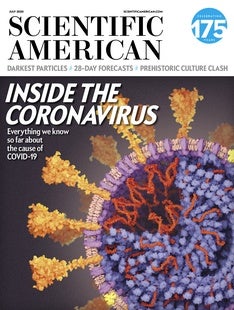



Comments
Post a Comment